Attempting to buy food that is ethical is not only expensive, it’s also confusing, thanks to a wide array of labels that promise varying degrees of animal welfare, and a lack of consistent regulations when it comes to calling a product “free range”. Asda is boosting its eco credentials with the introduction a “Pasture Promise” label, on free-range milk, taken from cows that have been grazed outside for a guaranteed minimum of 180 days a year. So what does free range actually mean? Unsurprisingly, it’s complicated.
Eggs
Millions of eggs are about to temporarily lose their free-range status, after hens in England, Scotland and Wales were ordered inside to protect them from an outbreak of avian flu in December. Under EU regulations, if a hen has been inside for more than 12 weeks, it no longer counts as free range. Farmers are getting around this with a sticker explaining that this temporary imprisonment was for the animals’ welfare. According to the RSPCA, legal requirements for free-range eggs ensure a minimum amount of space and litter for the hens: no more than nine hens a square metre, 10cm of feeder a bird and one drinker for 10 birds. Compassion in World Farming (CIWF) goes further, with a guide to Compassionate Food, grading various animal-welfare schemes out of 100. British Lion Free Range gets 33 on the scale, while RSPCA Assured gets 63. Find organic eggs with a Soil Association label, and you’re up to 70 points and happier hens.
Meat
Free-range poultry must meet legal requirements. The RSPCA states that chickens must have a defined amount of space (no more than 13 birds a square metre), be 56 days old before they are slaughtered and have continuous daytime access to open-air runs, with vegetation, for at least half their lifetime. There are no such regulations for pork, but CIWF recommends that free-range should mean “pigs who are born and reared in outdoor systems throughout their lives, with permanent access to pasture”, and gives its highest marks to pig meat with Scottish Organic Producers Association or RSPCA Assured labels. As most cows and sheep are reared outdoors for part of the year anyway, they suggest looking for a “grass-fed” label and Soil Association organic meat.
Milk
This is a relatively new area for free-range, and there are no regulations yet. John Avizienins, from the farm animals team at the RSPCA, says he has seen a number of definitions for free-range milk, “but from our point of view, none of this actually says anything much about the welfare of the cows in these systems”. He points out that most farmers send cows outside during grazing season anyway, but, in some parts of the country, this period may be shorter than 180 days due to the weather. “It could actually be anti-welfare if you’re forcing cows outside in bad weather to get your free-range premium,” he explains. He is, however, largely positive about its intentions. “It’s slightly more complicated than some of the marketing rhetoric we see, but it is a great aspiration.”
- This article was amended on 1 March 2017. We originally referred to RSPCA Freedom Food; this label has been renamed RSPCA Assured.
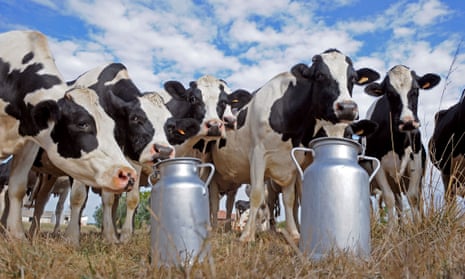

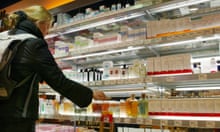
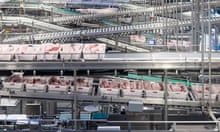

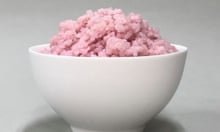
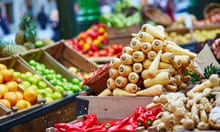
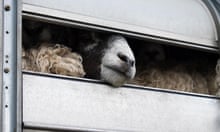
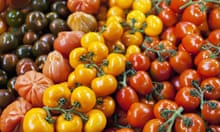


Comments (…)
Sign in or create your Guardian account to join the discussion